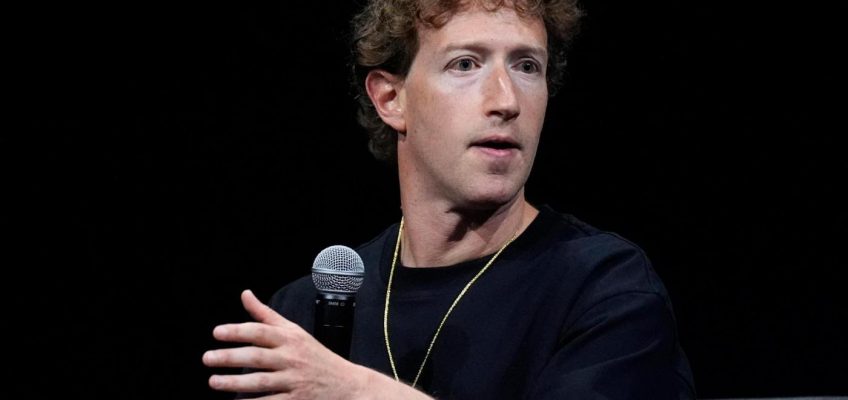By BARBARA ORTUTAY
SAN FRANCISCO (AP) — Meta has prevailed over an existential challenge to its business that could have forced the tech giant to spin off Instagram and WhatsApp after a judge ruled that the company does not hold a monopoly in social networking.
U.S. District Judge James Boasberg issued his ruling Tuesday after the historic antitrust trial wrapped up in late May. His decision follows two separate rulings that branded Google an illegal monopoly in both search and online advertising, dealing yet another regulatory blow to the tech industry that for years enjoyed nearly unbridled growth.
The FTC “continues to insist that Meta competes with the same old rivals it has for the last decade, that the company holds a monopoly among that small set, and that it maintained that monopoly through anticompetitive acquisitions,” Boasberg wrote in his ruling. “Whether or not Meta enjoyed monopoly power in the past, though, the agency must show that it continues to hold such power now. The Court’s verdict today determines that the FTC has not done so.”
Related Articles
Artificial intelligence sparks debate at COP30 climate talks in Brazil
What does ‘agentic’ AI mean? Tech’s newest buzzword is a mix of marketing fluff and real promise
Honda recalls 256,600 Accord Hybrids due to software error that may lead to loss of drive power
Wall Street drops again as Nvidia, bitcoin and other stars keep swinging
Will the price be right? What shoppers can expect for the holiday season


Leave a Reply